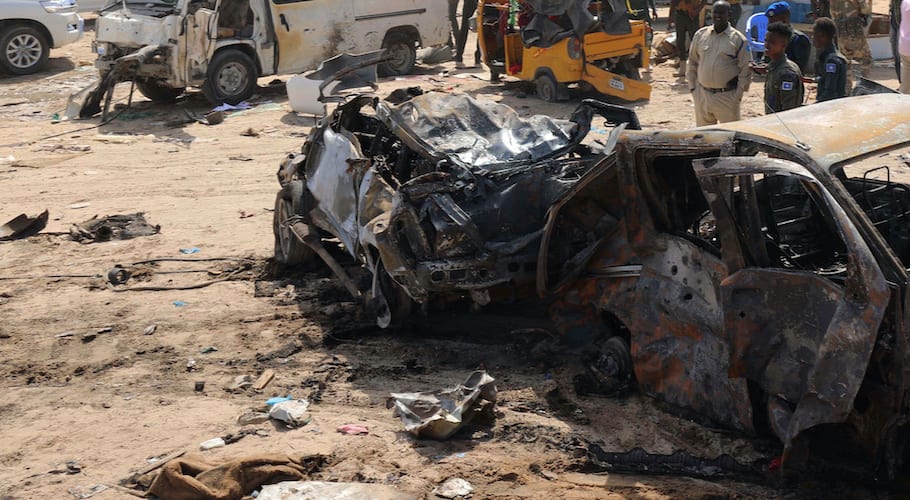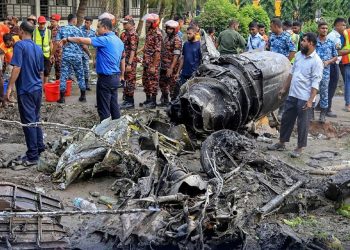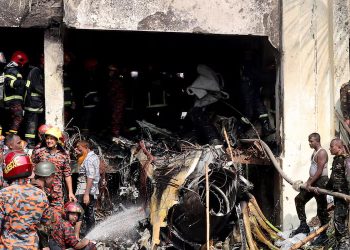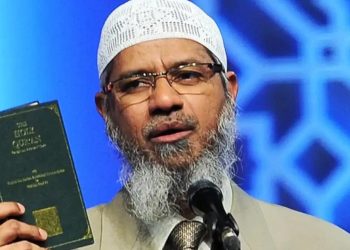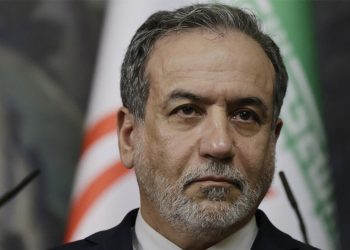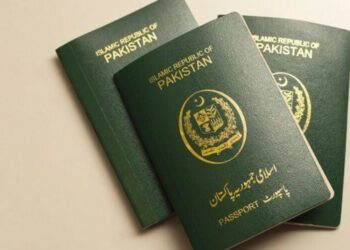KABUL: Hours after a three-day ceasefire began across the country to mark Eidul Fitr, 11 civilians were killed and 14 others injured in four separate bombings in Afghanistan on Thursday.
A spokesman for police Jamal Naser Barekzai said a roadside bomb struck a car in the Panjwai district of southern Kandahar province, killing five civilians, including a woman and children.
In another similar incident, two children were killed and three adults injured when a roadside bomb exploded beneath a taxi in the Maiwand district of the same province, the spokesman added.
In northern Kunduz province, a sticky bomb attached to a civilian car exploded, killing two civilians and wounding 10 more, said Enhamuddin Rahmani, a spokesman for the province’s police chief. Two civilians were also killed by a roadside bomb in central Ghazni province, officials said.
Although there were no reports of direct fighting between Taliban insurgents and government forces as they observe the temporary ceasefire, roadside bombs continued to inflict casualties on civilians.
The three-day ceasefire announced by the Taliban and heeded by the government comes at a time when violence has sharply escalated across Afghanistan following Washington’s announcement last month of plans to pull out all United States troops by Sept 11.
On Wednesday, Afghan security forces had mounted an operation to retake a Taliban-held district outside the capital Kabul in neighboring Wardak province however it was halted to observe the ceasefire.
Earlier, three separate explosions in the Afghan capital Kabul killed at least five people and wounded two others, a police spokesperson said on 20 February 2021.
“Two explosions caused by sticky bombs attached to vehicles took place 15 minutes apart and a third targeting a police vehicle exploded about two hours later,” Kabul police spokesman Firdaus Faramarz said.
The first two blasts took place in the western neighborhood of Darul Aman and the northern quarter of Karta Parwan in which three people, including a woman, were killed and two injured. Meanwhile, a third similar blast blew up a police patrol vehicle in the Wahdat Pul area, killing two people.
There was no immediate claim of responsibility for the attacks, but the government has blamed a string of bombings in recent weeks on Taliban and pro-ISIS/Daesh militants.
The majority of bomb attacks in the capital Kabul in recent months have been sticky bombs — explosive devices with magnets that are attached to vehicles and detonated by remote control or timer.
Afghanistan had seen a nationwide spike in bombings, targeted killings and violence on the battlefield as peace negotiations in Qatar between the Taliban and the Afghan government have stalled.







